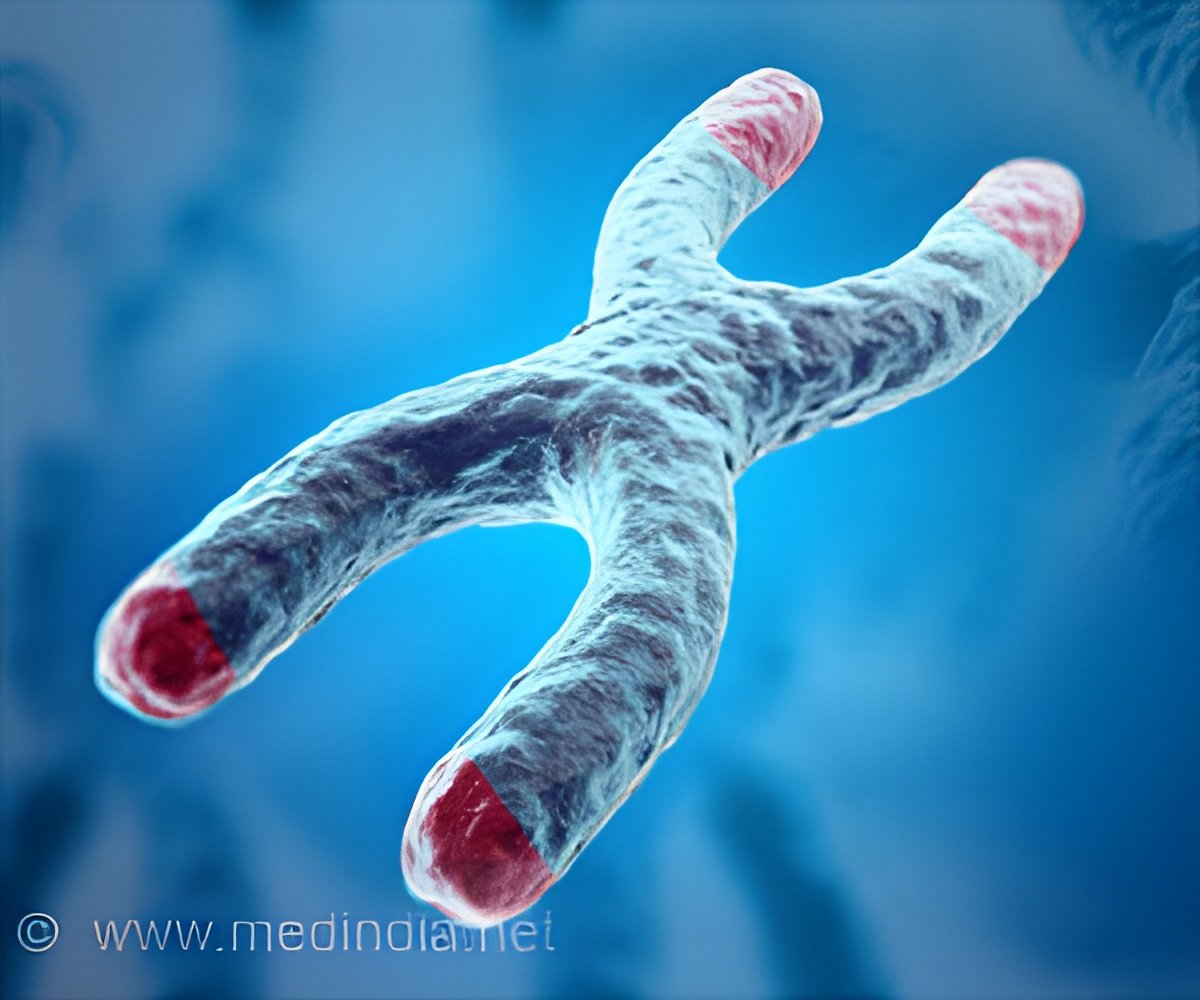Researchers have discovered genes linked to the most severe form of COVID-19.

‘Genes involved in two molecular processes, antiviral immunity, and lung inflammation, were discovered. The breakthrough will help physicians understand how COVID-19 damages the lungs at a molecular level.’





Existing drugs that target the actions of the genes reveal which drugs should be repurposed to treat Covid-19 in clinical trials, experts say. Researchers from the University of Edinburgh made the discovery by studying the DNA of 2,700 patients in 208 intensive care units (ICUs) in the UK.
Researchers from the GenOMICC consortium - a global collaboration to study genetics in critical illness - compared the genetic information of Covid-19 patients in ICU with samples provided by healthy volunteers from other studies, such as UK Biobank, Generation Scotland and 100,000 Genomes.
Having highlighted the genes, the team were then able to predict the effect of drug treatments on patients, because some genetic variants respond in a similar way to particular drugs.
For example, they showed that a reduction in the activity of the TYK2 gene protects against Covid-19. A class of anti-inflammatory drugs called JAK inhibitors, which includes the drug baricitinib, produces this effect.
Advertisement
Based on the findings published in Nature, the researchers say that clinical trials should focus on drugs that target these specific antiviral and anti-inflammatory pathways.
Advertisement
"Our results immediately highlight which drugs should be at the top of the list for clinical testing. We can only test a few drugs at a time, so making the right choices will save thousands of lives.
"This work is only possible because of the generous contribution of the patients themselves and their families, research teams in NHS hospitals across the country, and the generous funding we've received from the public and organisations."
GenOMICC (Genetics of Susceptibility and Mortality in Critical Care) started in 2015 as an open, global consortium of intensive care clinicians dedicated to understanding genetic factors that influence outcomes in intensive care from diseases such as SARS, influenza and sepsis. Throughout 2020 it has been focused on Covid-19 research in partnership with Genomics England.
Source-Eurekalert















